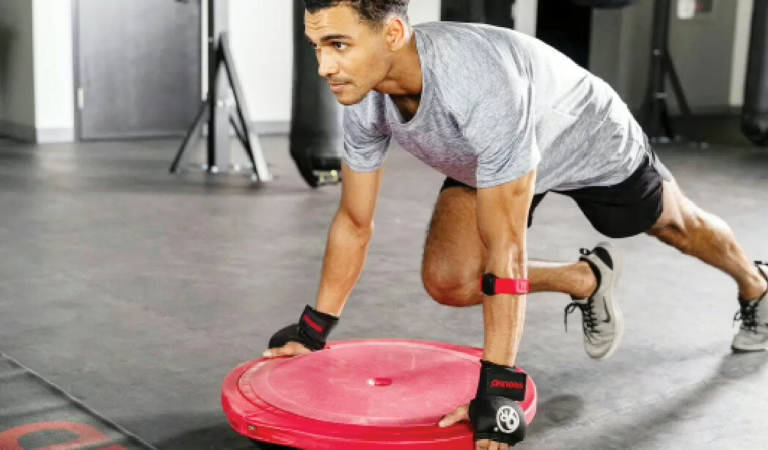When the phrase “physical fitness” comes up, many envision elite athletes, marathon runners, or individuals with chiseled physiques. However, genuine fitness encompasses much more and is accessible to everyone.
Being physically fit means possessing the necessary strength, stamina, flexibility, and balance to perform everyday tasks-whether it’s carrying shopping bags, climbing a flight of stairs, or playing actively with family-without undue exhaustion.
It’s about maintaining the body’s resilience to age well, bounce back from illness, and handle the challenges life presents.
Fitness is a highly individual experience: for some, it might be as simple as walking comfortably without getting winded; for others, it could mean preserving autonomy and mobility well into later years.
Rather than striving to meet a universal benchmark or conform to a particular image, fitness involves recognizing and honoring your body’s distinct capabilities and boundaries. Progress often comes through steady, incremental improvements rather than sudden, dramatic changes. Acknowledging these achievements-whether it’s walking a bit farther or feeling more vibrant-captures the essence of true fitness.
Additionally, mental and emotional health are deeply intertwined with physical well-being. Factors like stress management, quality sleep, and a positive mindset significantly influence how our bodies function and recover. Embracing self-care practices such as mindfulness and adequate rest fosters a holistic approach to fitness that enhances overall wellness and joy. Ultimately, physical fitness means caring for the entire self, not just the physical form.
Key Elements of Physical Fitness
Cardiorespiratory Endurance: The efficiency of the heart and lungs in delivering oxygen during activities like cycling or brisk walking.
Muscular Strength and Stamina: The capacity to lift, carry, or repeat movements without fatigue.
Flexibility: The ability of joints to move through their full range, reducing injury risk and supporting mobility.
Balance and Coordination: Essential for fall prevention, particularly as we grow older.
Practical Advice for Enhancing Physical Fitness
Strive for a minimum of 150 minutes of moderate-intensity exercise weekly, such as lively walking or dancing.
Incorporate strength-building exercises at least twice a week to fortify muscles and bones.
Perform gentle stretching after workouts to preserve flexibility.
If you’re new to physical activity, begin gradually-regularity is more important than intensity.
Recognize and celebrate every small accomplishment; each step, squat, or stretch contributes to lasting health benefits.
























